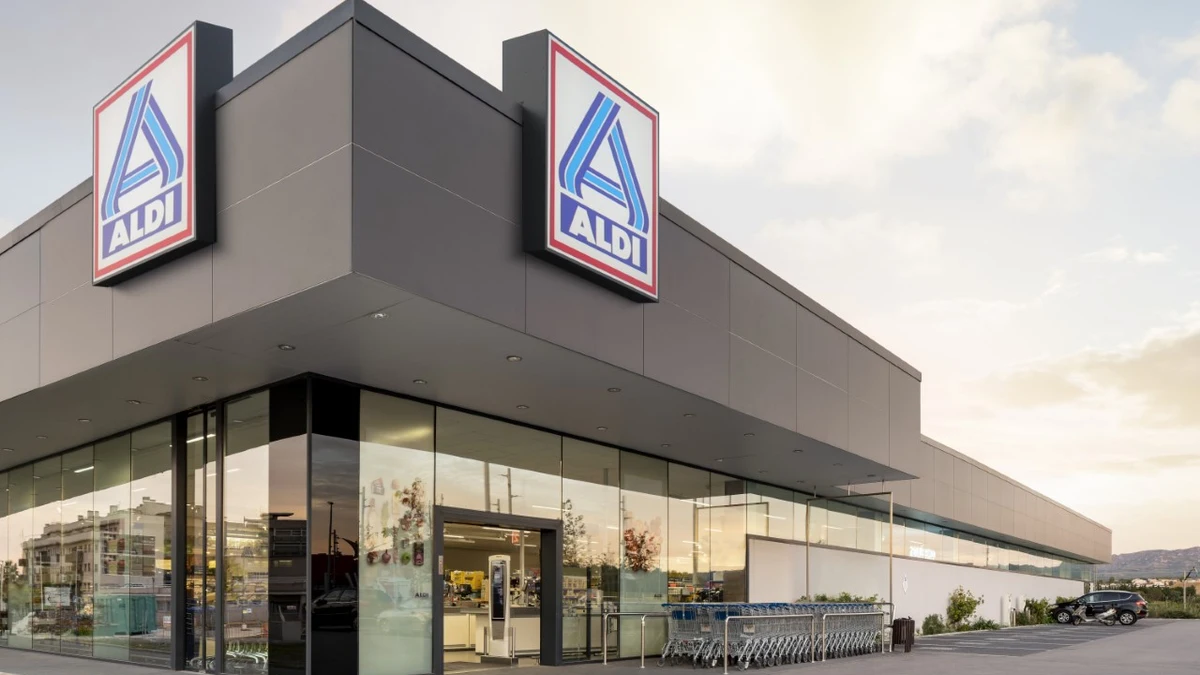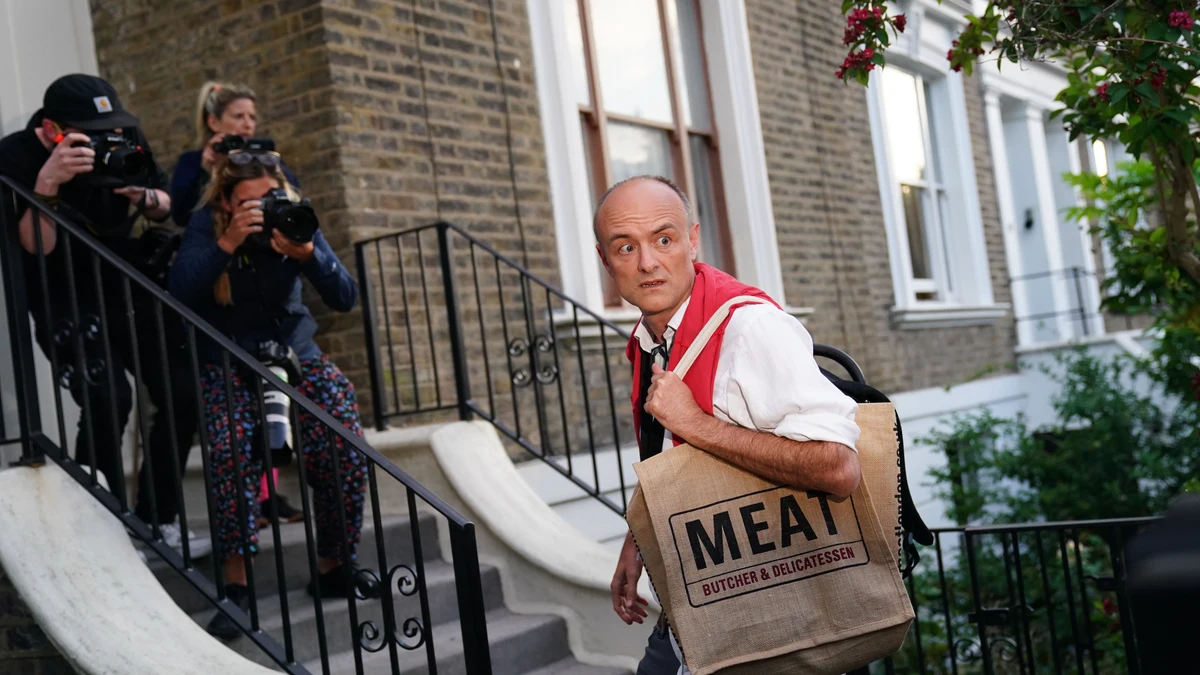One of the biggest question marks in the music scene is the future and sustainability of music festivals. It would always be an opportunity for people to get together with their friends and see multiple artists in different genres in across a single day or multiple days. Some people would even fly or drive interstate with their friends to attend specific festivals.
However, when popular festivals like Groovin The Moo or Splendour In The Grass have abrupt cancellations, there are some areas that may need to be explored or improved. Is it the lineups being unappealing? Ticket prices increasing during the cost-of-living crisis? Or is there simply a decreasing interest in music festival or live music in general?
Indie-Con Discusses Artificial Intelligence In Music – Is It A Threat Or An Opportunity?
Journalist and content creator Simran Pasricha moderated a panel with five music industry representatives from across the country and world to discuss the potential factors in place for music festivals and touring.
Ticket pricing was a big point of discussion among the speakers, especially as the average price for music festivals and concerts range between $130-200 in Australia and other parts of the world like North America. A consensus made that it can be difficult for Gen Z to purchase tickets during the cost-of-living. However, a point was made that there is still interest in live music, especially with big acts like Taylor Swift.
“Gen Z aren’t buying tickets to shows as frequently,” said Paul Lynch from Live Nation. “In saying that, the positive side of things is that they are taking up a large portion of ticket buyers for the big shows. And the shows that they really do want to go to, they go all out. They really make a day out of it. They buy all the merch, they buy presale tickets and want to have the best seat, which is great. I think that the Gen Z’s love for live music is still definitely there.”
On a global scale, Pippa Ryan-Kidd of IMNZ mentioned that bigger acts are still selling very quickly in New Zealand, but grassroots and midland performances or festivals are being affected.
Stuart Kennedy of ATC Live mentioned how in the United Kingdom, it was estimated that over 200 festivals were cancelled in the last four years. “I think live music should be accessible to everybody,” he said. “If you’re at a point where you’re having to spend like two months’ rent to take your children to a show, I don’t know how we reached that. I think we need to get back from that [and] make things better for everyone, you know?”
Kennedy also mentioned how artist Jamie Webster had ticket prices as low as £35-50, with his recent performance in Liverpool selling 30,000 tickets.
From another perspective, Mandi McIntyre of BIGSOUND expressed the concern around price costs, but also made mention of how the cost-of-living crisis has affected the music industry itself. “Music is a very special and very ancient art form, and we have a lot of art forms that we respect that haven’t had this sort of income strengthen that music has benefited from for so long,” she said. “A lot of the pressures that the music industry is experiencing [are there] because so many other industries are experiencing those same costs in a parallel way, and they have been increasing and interacting over time – and we’re just not immune to that.
“Festivals have got incredibly complex streams of income and expenses as well. I would also love to see things get cheaper; I just don’t know how that happens without a certain amount of intervention. It usually means it’s at the cost to the artists and the managers and the people that really feel passionate about delivering those initiatives. So, yeah, that needs to be a balance stroke.”
Another angle discussed was the online exposure of concerts and festivals on platforms like TikTok or YouTube, seeing if this could be another aspect causing a decrease in audience numbers. In general, the speakers believed that concert or festival videos can benefit performances, especially to promote the artist on an online platform.
“As a mass market thing, it can be overkill having so much content online – but when it comes down to each artist, it is a promotional angle,” Ryan-Kidd said. “So, it’s about what you do as an artist or an artist manager, and it’s how you use that content to leverage the profile of the artist and get more on their business out of it.”
Similarly, Jim Romeo of Ground Control Touring acknowledged the importance of online content, but the live experience cannot be replaced. “Nothing’s going to replicate being there live and seeing it, he said. “As a promotion, I think it’s fine, but I don’t think anyone is passing up the experience just to see it online.”




























